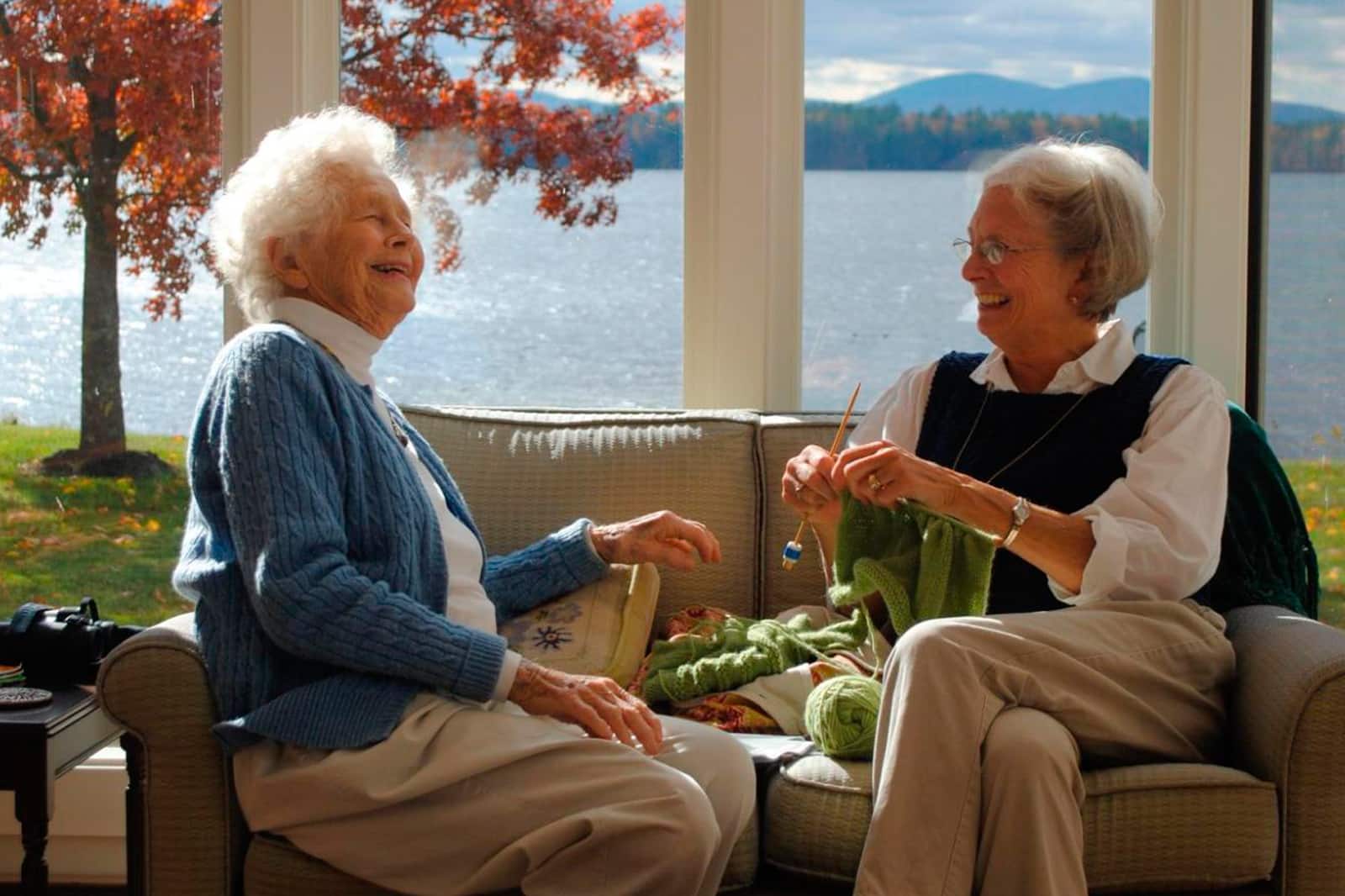
Geriatric Assessment: How to Know When an Older Adult Requires Caregiving
As our elderly population ages, it’s crucial for families and loved ones to identify when an older adult may require additional support. The challenge of caring for an aging loved one can often be overwhelming. Still, with the right resources and support, families can ensure their elderly loved ones receive the care they need to lead comfortable, fulfilling lives. In this blog, we’ll delve into the signs that indicate an older adult may need caregiving. Additionally, we’ll explore the valuable (and free!) resources at your disposal to give you geriatric assessment tools that can help you make more objective decisions.
What is a Geriatric Assessment?
A geriatric assessment is a comprehensive evaluation of an older adult’s physical, psychological, and social functioning. It can help determine if caregiving is necessary.
Here are some signs that indicate an older adult may need additional care:
A Decline in Physical Health:
If an older adult is experiencing a decline in physical health, such as difficulty with mobility, increased falls, or changes in sleeping patterns, it may be necessary to provide additional support.
Difficulty with Activities of Daily Living (ADLs):
If an older adult struggles to perform basic activities such as bathing, dressing, preparing food, or eating, it may be necessary to provide or hire assistance.
Cognitive Impairment:
If an older adult is experiencing memory loss, confusion, or difficulty with decision-making, it may be necessary to provide additional support to help with day-to-day activities.
Isolation and Loneliness:
Older adults who are socially isolated or lonely may need additional support. The isolation can harm their mental health and manifest in their physical health.
Changes in Mood or Behavior:
If an older adult is exhibiting changes in mood or behavior, such as increased agitation or depression, it may be necessary to provide additional support to address these issues.
Financial Concerns:
If a senior is having difficulty managing their finances, it may be necessary to help ensure their bills are paid and their financial needs are being met.
The University of Maryland offers a comprehensive resource for geriatric assessment tools. It provides a wealth of information on the various tools and assessments available for evaluating older adults’ physical, psychological, and social functioning.
When assessing older adults, please remember that they may not be aware that they need additional care. Family members and loved ones are responsible for being proactive and evaluating the situation. A geriatric assessment can help determine the level of care an older adult requires. It can also serve as a guide for the best course of action.
Caring for Loved Ones in Their Golden Years
Caregiving can take many forms, from providing basic assistance with activities of daily living (ADLs) to managing complex medical needs. The type of caregiving required depends on the individual’s specific needs. Therefore, families and loved ones should be aware of the options available. Some common forms of caregiving include in-home care, assisted living facilities, nursing homes, and hospice care. In-home care can provide essential assistance with ADLs. Assisted living facilities offer a more structured environment with access to medical and personal care services. Nursing homes offer 24-hour medical care and support, while hospice care is focused on providing comfort and support during end-of-life. Regardless of the type of caregiving, assessing the individual’s needs is essential. Choose the option that offers the best balance of care, comfort, and independence.
Caring for an older adult can be challenging, but with geriatric assessment and a supportive network, families can ensure their loved ones receive the care and support they need. By recognizing the signs that indicate an older adult may need caregiving, families can work together to provide a safe and comfortable environment for their loved ones to enjoy their twilight years.
Looking for more support? Scripps Affiliated Medical Group offers senior resources and a caregiving directory to support families and older adults requiring senior care in San Diego. For additional tips on providing care for seniors, take a look at our Seniors and Caregivers articles.

Join our Senior Wellness Society for the latest news on Medicare and tips for healthy living in San Diego!
Sign up now ›Are you looking for specialized medical care in San Diego?
Our directory has more than 850 doctors in San Diego County of various specialties who are available to help you.
Find a doctor